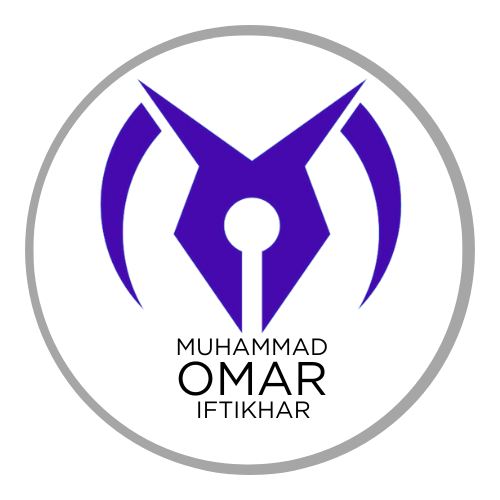We cannot ignore the importance of soft skills, especially amid the rise of technology, AI, and virtual environments. Despite the youth, in particular, being exposed to communicating with peers and colleagues digitally through screens, soft skills will remain active in daily life.
Every year on July 15, the World Youth Skills Day is celebrated globally to highlight the importance for the youth to equip themselves with soft skills. In simple terms, soft skills are the character traits and interpersonal attributes that uplift your attitude and aptitude, enable you to work with others, and facilitate leading a disciplined life. It is a myth that soft skills are inborn; they can be acquired if a person is willing to learn and implement them.
According to the World Economic Forum, the top 10 skills of 2025 are analytical thinking and innovation, active learning, complex problem-solving, critical thinking and analysis, creativity, originality, and initiative; leadership and social influence; technology (use, monitor, control); technology design and programming; resilience, stress tolerance, and flexibility; reasoning, problem-solving, and ideation.
Soft skills, also referred to as human skills, enable individuals to work in unison with others. They can include communication and negotiation skills, interpersonal skills, leadership and team management, entrepreneurship, adaptability, and training skills, among others.
The youth needs to understand the importance of soft skills. In this regard, knowing yourself is the first step towards achieving personal growth. You should perform a SWOT analysis, which refers to identifying your strengths, weaknesses, opportunities, and threats. Identify the strong points of your character and continue to build and utilize them. Turn your weaknesses into strengths while gauging the opportunities you may encounter. These opportunities refer to learning new soft skills, utilizing available resources to complete tasks, and working in an environment conducive to learning.
Identify the soft skills that you lack so you can acquire them, the ones that you possess so you can enhance them, and the ones that you know about but have never acquired so you can develop them. Self-reflection is the best way to learn skills. It is imperative to discuss it with close friends and mentors who can guide you on the skills you should acquire. Students, for instance, need to be active listeners, adaptive, time managers, and possess confidence, focus, and discipline. Professionals, too, should have these skills, but they also need negotiation skills, leadership skills, time management, conflict resolution, and effective communication, among others.
After acquiring a degree, a student becomes part of the professional world, where tasks based on cognition, creativity, physical endeavors, and interpersonal skills are pursued every day. Those who have soft skills take less time adapting to new situations and people. What we learn in classrooms becomes a faded past that faintly guides us to a limited extent. How we deal with others, complete tasks, and make an impact becomes a permanent part of our existence.
Unfortunately, soft skills are not given much importance. Our educational system focuses on memorizing concepts and earning grades. Teachers should focus on developing soft skills among students. This will facilitate them in performing tasks in life and a career with ease. By earning grades, students can acquire a job; by learning a skill, they can create their future by utilizing the skills in an ever-competitive world.
Muhammad Omar Iftikhar is an author, columnist, and fiction writer with over 20 years of writing experience. He has published over 1,000 articles in Pakistan’s print media and is the author of four books. His debut novel, Divided Species (2020), is a science fiction story set in Karachi. His other books include 20 Steps to Writing Articles (2022), Recreate Your Tomorrow! (2023), and Player AI (2024). He has been a public speaker for over a decade, conducting more than thirty sessions for various brands and organizations.

